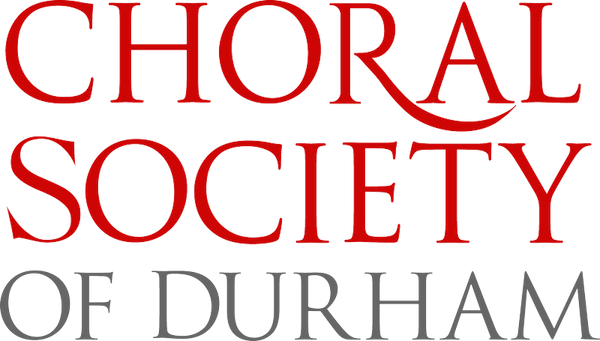William Adams, DMA
Whenever musicians assemble in a concert hall or a theater to present music, there is the potential for something very special to occur. The connection musicians create with each other is beautiful to witness, born of trust and passion. The connection musicians create with their audience is equally beautiful, realizing a need to share this most sublime art form. There is even a wonderful connection within the audience as they experience the love, the humor, the passion of a live performance. It is something magical. Fitting for a magical setting is one of the most enduring fairy tales, Cinderella.
North Carolina Opera’s 2025-26 season launched on October 17 with a bright and energetic performance of Massenet’s Cendrillon (Cinderella). The production employed a projection system that was both mesmerizing and transportive. Designed by DJ Pike for Florida State Opera, the virtual scenery was vibrant and oftentimes in motion. It was brilliantly colorful one moment and stark the next, all the while creating imagery that went far beyond the normal abilities of set design. Such an impressive and omnipresent stage presents a challenge for the performer to not be overshadowed by or lost in the scenery. The cast of Cendrillon rose to the occasion effortlessly.
Lyric soprano Nicole Cabell was outstanding in the title role. Ms. Cabell’s voice is richer than one might normally expect for the character of Cinderella with a delightfully lush timbre that was darker than Prince Charming’s. Massenet requires agility and grace for Cinderella, and Ms. Cabell possesses both in abundance. Indeed, Ms. Cabell’s impressive resume shows her remarkable versatility, having sung both Donna Anna and Donna Elvira in Don Giovanni, as well as Mimi and Musetta in La bohème. Her acting was refined, nuanced, and expressive.
Kate Farrar cut a dashing figure as Prince Charming. Her voice effortlessly filled Memorial Auditorium and would be comfortable on any opera stage in the world. Her timbre is bright, oftentimes heroic, yet she brought impressive displays of petulant broodiness, angst, and unbridled passion, as well.
Song Hee Lee was dazzling as La Fée. She moved about the stage with a grace that seemed to almost literally float and matched it with astoundingly easy coloratura that was agile, perfectly controlled, and stretched above C6. Her impeccable command of her range was matched only by her breathtaking lyricism and legato. Her singing was dreamlike and rich.
North Carolina audiences are very familiar with the comedic prowess of Lucia Bradford. Once again, she turned in a masterful performance with excellent comedic timing and expression in her turn as Madame de la Haltière. Her vocal prowess is equally impressive. She has tremendous power throughout her range and a broad range of colors at her command.
Malcolm MacKenzie has a resume that reads of many of the major dramatic baritone roles including Iago, Simon Boccanegra, Tonio, and Don Giovanni, among others. If that left you expecting a stilted comedic turn, you were more than pleasantly surprised. Mr. MacKenzie’s comedic presence and timing were on full display as Pandolfe with an outstanding sense of physical comedy and delightfully animated facial expressions. Matching his physical comedy, he showed great flair singing in the opéra comique style until his moment to stand up to his domineering wife where he allowed a bit more of his commanding baritone to shine through. He also sang with great tenderness in his duet with Lucette.
The step-sisters are not granted many opportunities to showcase their voices in this piece, but they have plenty of chances to showcase their comedic acting. Sopranos Elana Gleason as Noémie and Gretchen Bruesehoff as Dorothée took advantage of every opportunity to revel in some operatic slapstick. It absolutely must be acknowledged, however, that they also made very light work of changing their tone on demand to something more silly and nasal. They worked seamlessly with each other and also with Ms. Bradford. Their trios were masterclasses of physical and vocal comedy in opera.
The NC Opera Chorus, prepared by Jeanie Wozencraft-Ornellas sang confidently and with a splendidly dynamic tone. They fumbled a bit with staging once or twice, but always sang with great conviction and precision. The orchestra, under the baton of Maestro Joseph Mechavich played very sensitively and in excellent support of the singers. His conducting was concise and clear and the orchestra played completely in command of the score.
North Carolina Opera is growing in standing and reputation among regional opera houses in the United States. Excellent, fully professional presentations like Cendrillon, will only further enhance their reputation.









